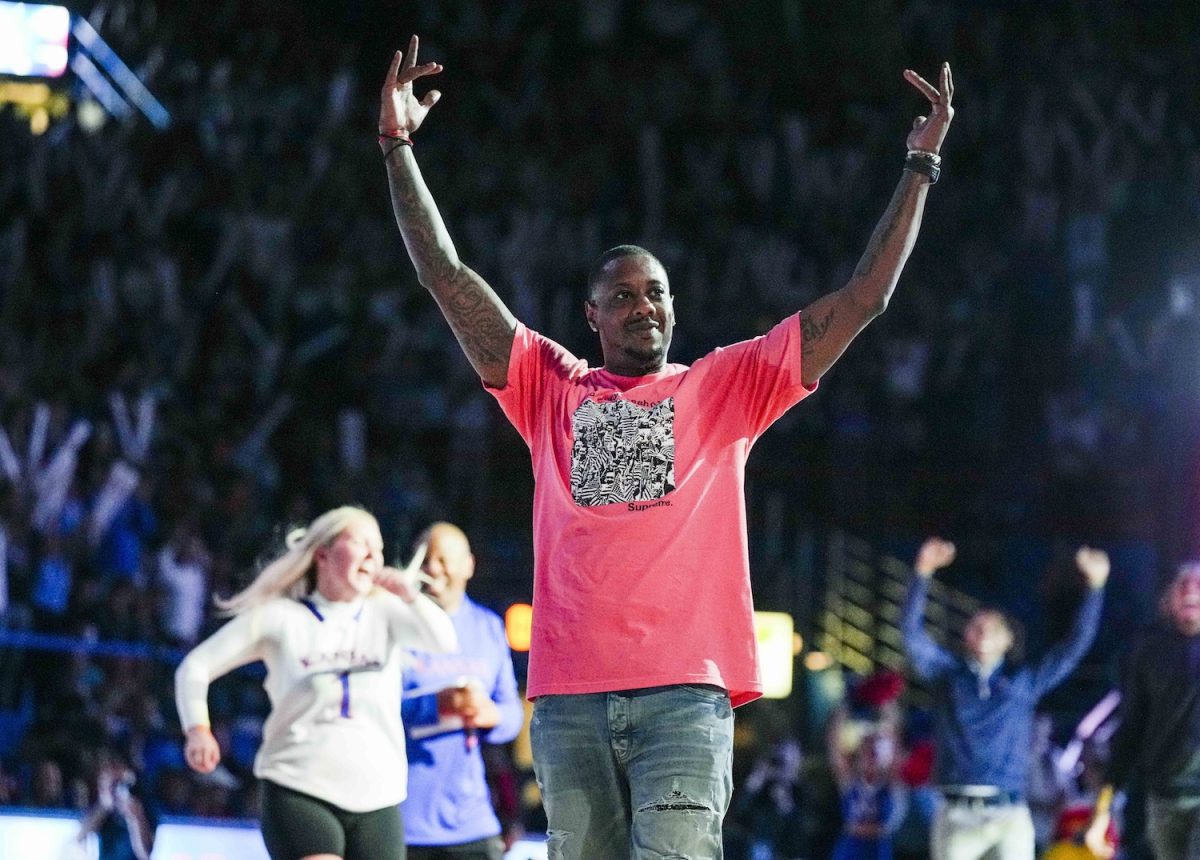Opinion | How Naomi Osaka Broke Her Slump in Miami

“Downward performance spirals can be readily observed in every domain of human performance,” one of the study’s authors said. “Our research shows that the ‘us versus them’ mind-set isn’t always a destructive force — sometimes it can be the key to re-motivating yourself and turning your performance around.”
Conversely, when you’re under a lot of pressure — as Osaka was when she was queen of the tennis world — winning can become more of a burden than a boost. Osaka, who dropped out of the French Open amid an outcry over her decision to decline press interviews, has been vocal about her struggles. At that point she had been managing anxiety and depression, as well as the specific challenges of becoming a global celebrity at age 20 (after beating Serena Williams in 2018) — all while keeping her athletic game the best in the world.
It’s an extraordinary challenge for anyone to bear those expectations, as Osaka described with frankness after losing a third-round match at the U.S. Open last fall: “When I win I don’t feel happy,” she said, blinking back tears. “I feel more like relief. And then when I lose, I feel very sad. I don’t think that’s normal.”
It’s hard to say what “normal” is when talking about world-class talent like Osaka’s. But for anyone facing relentless pressure to win, positive feedback can sometimes become more stifling than motivational: Instead of loving what you do, you start loving how well you do it. You start seeing losing as a crisis — and when your passion also becomes your job, as in professional sports, that isn’t exactly wrong. Then when you inevitably stumble, you break.
A reset of expectations can help. Realizing you’re no longer seen as the best, and in fact have become an underdog again, can release some of that pressure. It can revive the competitive spirit. Whether or not you win, it’s a path to reclaiming the best version of yourself.
Of course, being underestimated chronically or systemically, or for reasons that have nothing to do with your performance, can have the opposite effect and become simply deflating. Abusive leadership among coaches has been shown to negatively influence athletes’ performance, with consequences that can last the course of a career. And living in constant fear of failing can be limiting. (Fear shares a great deal in common with self-doubt.)
But few of us are feeling at the top of our game right now, as we try to pull ourselves out of the limbo of the pandemic. It’s been easy to lose momentum in our lives or careers, and as we look back with the rosy view of hindsight at prepandemic times, the rival we’re comparing ourselves with is the most formidable one of all: our former selves. When we inevitably encounter our own Caroline Wozniacki — a competitor, colleague or manager who is going to bet against us — what matters is how we respond.

